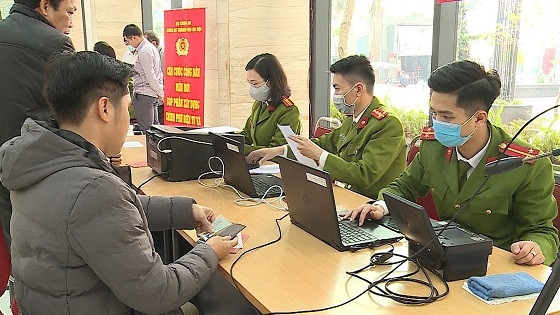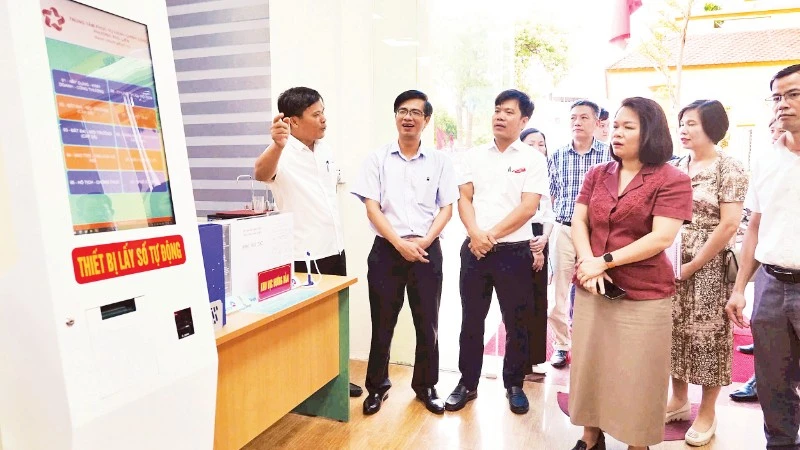Under the scheme, national population database, e-identification and e-authentication system as well as citizen ID cards with electronic chips will be used flexibly and creatively to serve administrative procedures and online public services supply, socio-economic expansion, digital citizens development, the completion of the ecosystem on connecting, exploiting and enriching population data, and the directions by leaders at all levels.
In 2022, the old and new versions of citizen IDs will be integrated, enabling the e-identification of all citizens.
The connection and sharing of data between the national population and tax databases are expected to complete in the first quarter of 2022, while personal paper documents, including health insurance card, driving licence, job licence, and vaccination certificate, will be generally integrated into the citizen IDs and the e-identification app VNEID. In 2022, e-authentication will be used for all information provided on the citizen IDs and VNEID.
In the 2023-2025 period, e-identification and e-authentication are expected to be applied on all people conducting administrative procedures at one-stop-shop office at all levels.
Meanwhile, in 2022-2023, the e-identification and e-authentication system will be upgraded, completed and applied in e-transactions serving socio-economic development.
Major measures to implement the scheme include completing relevant legal regulations. Deputy Prime Minister Vu Duc Dam was assigned to direct the project implementation and settle all relevant matters.
A working group on the project implementation will be formed with Minister of Public Security being the head. It aims to guide ministries, sectors and localities on realising tasks of the project, making periodic reports to Deputy PM Dam on the results.
















